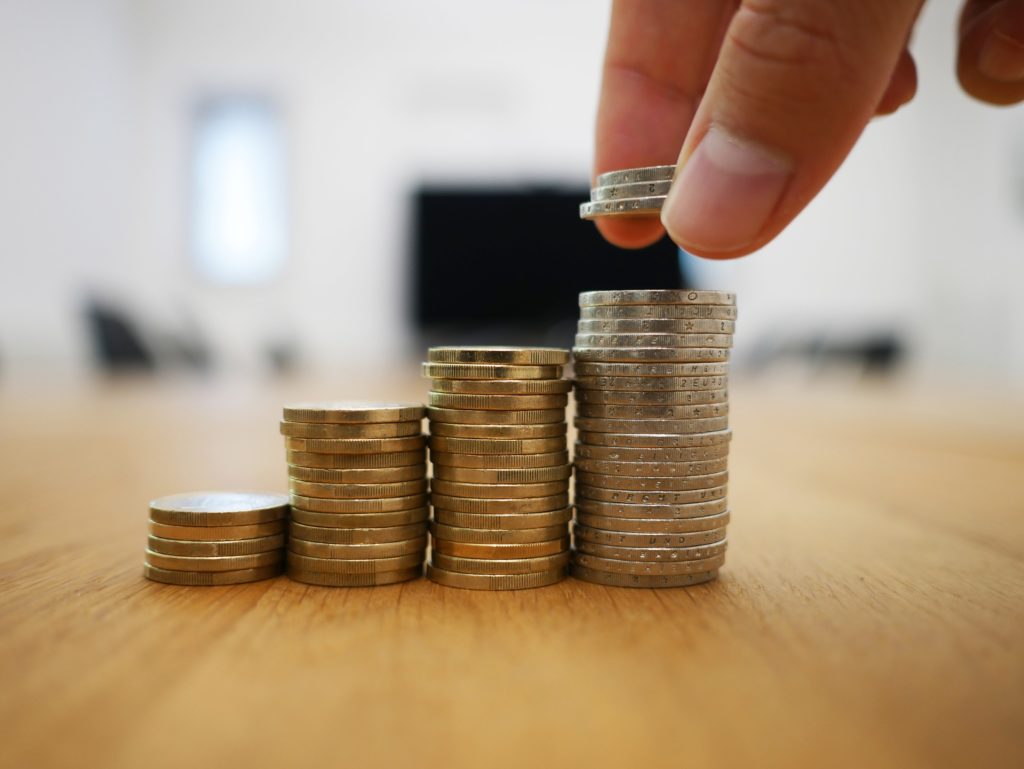France: During the lockdown, Parisians saved more money than the others
In Paris, households have put some 5,500 euros on savings accounts over the last six months, while in some parts of France the savings rate has not changed.

A side-effect of the coronavirus epidemic and the economic crisis that it caused in France: people have massively saved money. Between December 31st 2019 and August 30th 2020, 37 billion euros were invested in standard savings accounts.
However, these deposits are not equal throughout the country and the figures published by the Banque de France on Monday, August 24th, show significant disparities between the capital and the provinces.
It is in fact in Paris that it has been the most significant over the last six months: 6.1 billion euros have been saved by Parisians, an increase of 3% compared to the end of 2019. In Île-de-France (Paris region), savings have increased by €8.9 billion, or about €1,700 per household, compared to more than €5,500 in Paris itself.
In the rest of France, this increase is not so significant.
The total is 3.3 billion euros in New Aquitaine (southwestern France), 3.2 in the Grand Est (northeastern France) and only 2.7 in Occitanie (southern France). In some departments, the amount saved by the inhabitants has not fluctuated. This is the case, for example, in Creuse (central France) where it has remained at 2.1 billion euros, and in Meuse (northeastern France) (2.7 billion).
READ ALSO – Taxes, VAT or tolls: French people’s cars bring a fortune to the State
A trend reinforced by the lockdown in France
The difference is significant, but not unusual.
“It’s classic in the sense that the Parisian population has a higher proportion of higher socio-professional categories compared to the rest of France and a rather elderly population, two criteria favouring savings”, analyses Philippe Crevel, director of the Cercle de l’Épargne. He points out that the savings are mostly spread among the richest 40% of the population and the over 50s. And in Paris, salaries are higher than in some departments.
The closure of all entertainment venues in France explains the general increase in savings. Not being able to go to restaurants or cinemas, the French have stopped spending. This is especially true in Paris, where the budget allocated to these expenses is greater because of the wider range of options, says Philippe Crevel.
Uncertainties and worries
Overall, it is the uncertainty of the current situation that pushes the French to put their money in the bank rather than to consume. A trend that was already noticeable at the end of last year, with the household savings rate rising from 13.8% (of gross disposable income) at the end of 2018 to 15% at the end of 2019.
“There was the yellow vests movement, then the pension reform. These two developments already led to an increase in savings.” The trend was therefore confirmed with the coronavirus pandemic and is expected to continue.
READ ALSO – Could the coronavirus be devastating to the French wine?
“We believe (the household savings rate) to be 20% on a quarterly average”, says Philippe Crevel. At the peak of the lockdown, this rate climbed to 30%. Never seen since the 1950s and 1960s.
The economic crisis, raising fears of losing one’s job and seeing one’s income fall, therefore encourages people to save as a precaution, but it can also have the opposite effect, notes the expert. “The more unemployment there is, the more the French have to dip into their savings” due to a lack of sufficient income.
However, the record figures for the Livret A (the classic savings account) in recent months also reflect the desire to save that has won over all French people.